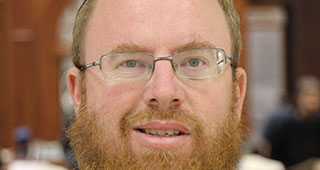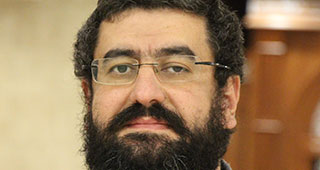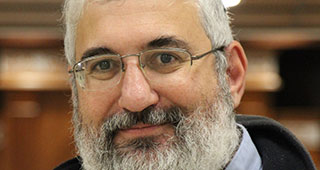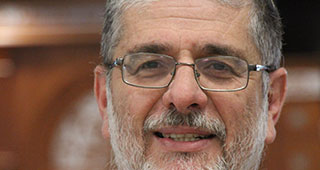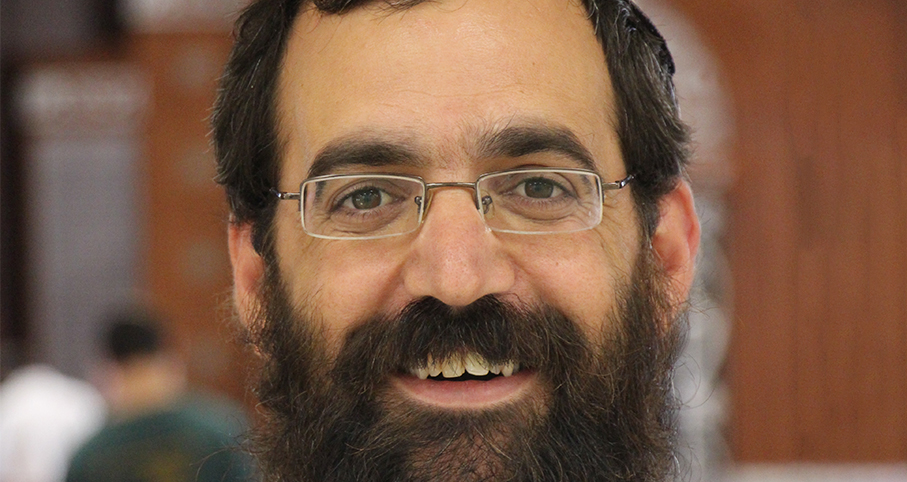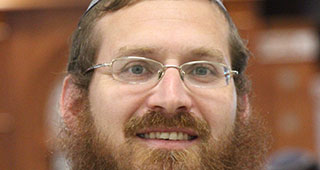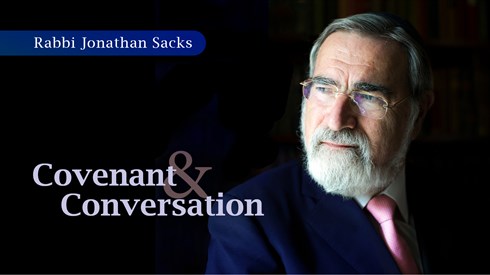Rabbi Ari Shvat
Question
Which are the two words in the Torah that has spelling differences?
Answer
Breishit 9, 29- Instead of Vayehi, there is an edition: Vayehiu Dvarim 23, 2- Instead of daka with a silent heh at the end, there’s an edition: daka with a silent alef at the end.
Read moreDaily Halacha DedicationTo Thousands Of Subscribers By Email And Website










